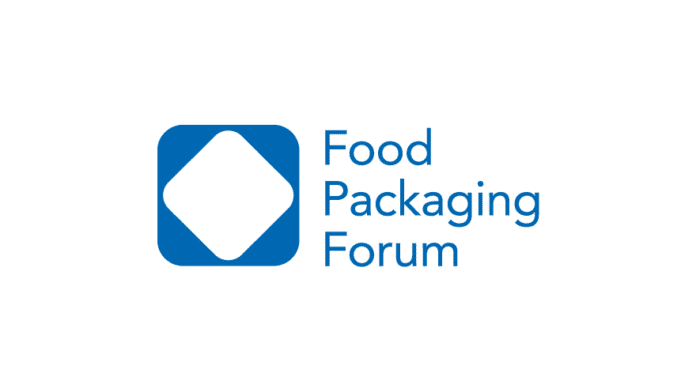On January 14, 2025, Corporate Europe Observatory and the Forever Lobbying Project released two reports exposing a coordinated lobbying effort by the per- and poly-fluoroalkyl substances (PFAS) industry and its allies in Europe. PFAS are a group of over 10,000 man-made chemicals known for their persistence in the environment. A study conducted by the Forever Pollution Project in 2023 identified 17,000 sites in Europe contaminated with PFAS, with an estimated cleanup cost of two trillion euros over 20 years if emissions are not regulated.
The lobbying campaign was triggered by a proposed PFAS restriction by several European countries in 2023, aiming to ban all PFAS under the EU chemical regulation REACH. The European Chemicals Agency is currently evaluating the proposal, with the final decision resting with the European Commission. However, the Corporate Europe Observatory’s report revealed that corporate lobbies have been actively influencing the European Commission despite its role as an observer in the process. Chemours, a spin-off from DuPont, was identified as a major player in the lobbying efforts, along with other industry sectors.
The Forever Lobbying Project scrutinized the tactics used by lobbyists and found them to be fearmongering, misleading, and potentially dishonest. Lobbying groups argued against a complete ban on PFAS, claiming lack of scientific support and economic implications. They emphasized job losses, supply chain disruptions, and other negative impacts while disregarding the potential benefits of banning PFAS, such as reduced healthcare costs associated with chronic illnesses linked to PFAS exposure.
In response to these findings, Corporate Europe Observatory called for an immediate halt to private lobby meetings related to PFAS and urged the European Commission to expedite the search for safer alternatives to PFAS. They also recommended a review of the Commission’s reliance on industry data for policy-making and proposed the establishment of a lobby firewall to safeguard PFAS decision-making from corporate influence.
These reports shed light on the pervasive influence of corporate lobbies in shaping policies related to PFAS regulation in Europe. By exposing the tactics and arguments used by these lobbyists, they highlight the need for transparency, accountability, and independent decision-making in order to protect public health and the environment from the harmful effects of PFAS contamination.




